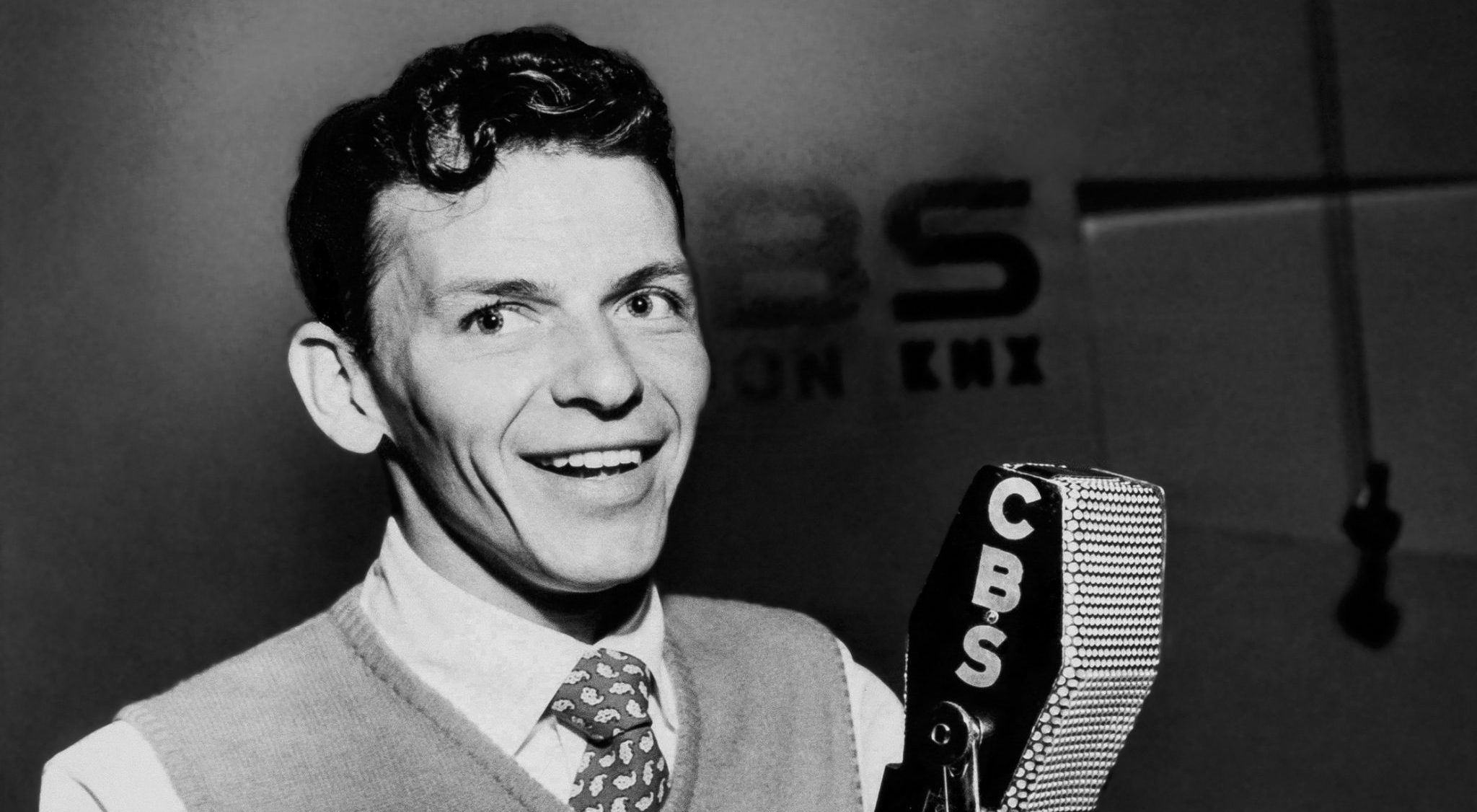This year marks the 100th anniversary of the birthday of Frank Sinatra, or simply The Voice, one of the most influential figures in the entertainment business. Francis Albert Sinatra was a true artist; movie singer, movie actor, he was one of the very first to give resonance to Italian-Americans, having born from Italian immigrants Natalina “Dolly” Garaventa from Genoa, and Antonino Martino “Marty” Sinatra, from Sicily.
Several celebrations have been carried out throughout the whole year, taking place in both the east and the west coast, with the TCM channel planning to dedicate the whole month of December to showing his films.
This is all thanks to the hard work of his daughters Nancy and Tina who ensure their father is never forgotten. “Our family job is to make sure that his legacy carries on to the next generation and hopefully to the generation after that,” says Nancy. “And this year has been a gift; not that we haven’t worked our butts off, we really have, we just wanted to take advantage of the centennial.” Sinatra’s 100th birthday would have been on December 12th, right in the middle of the holidays, between Thanksgiving and Christmas, “We don’t start Christmas until after his birthday, because he always got short changed.”
Among all the events that took place and are still taking place all over the country and the rest of the world, the University of Southern California ran a week long retrospective of his films which concluded with a brilliant presentation by Dr. Drew Casper, Alma and Alfred Hitchcock Professor of American Film. It was a heartfelt tribute where the two sisters had a chance to recollect some of their most cherished memories of Ol’ Blue Eyes, who they had the privilege to just call Pops. “On my 22nd birthday,” says Tina, “I was homesick in Munich, Germany. I lived there for a year and I wasn’t coming home anytime soon. A knock at the door and he was Pops with a piece of black electrician tape right under his nose. It was sweet and unexpected; a surprise that stands out in my heart.” Sinatra left his family shortly after Tina was born, but the day the new baby girl arrived is still one of Nancy’s fondest memories, “It was on Father’s day, we were a family, we were together and my little sister was born.”
Everybody has a Sinatra’s favorite movie, with 64 credits to his career there are a lot of great ones, Nancy and Tina cite The Manchurian Candidate, Von Ryan’s Express, The Tender Trap among their preferences, but also remember Frank’s bad experiences on set. “The one film I love the music and hate his performance is Some Came Running,” explains Tina. “It should have been brilliant for him but he was so unhappy on it because of extenuating circumstances. I can still watch it but I can see he is not comfortable. When he was comfortable we knew he was. He was not comfortable in his skin.”
Nancy worked alongside Frank on Marriage on the Rocks in 1965, in which she played the daughter of his character. What should have been a great time was partial tarnished by personal issues. “The irony is I was going through a divorce at the time of that film; it was difficult for me. I was devastated, but everybody helped me getting through to it. I had to step up; I didn’t want to let daddy down.”
Right from his early teens Sinatra had a sense of who he was of what he wanted to do, nothing and no one could get in his way. A quality that he applied not just to his career but also to what he saw. He contributed heavily in bringing racial inequity down. “He grew up in a neighborhood where two blocks were Irish, four blocks German, Jewish and Italian. Italians were at the bottom. He just could not tolerate racial discrimination. He did what he could; he broke the color barrier in Las Vegas. He was intolerant of intolerance.” Since the time Sinatra was at his peak there has been a huge shift in cultural content both in music and films; nevertheless his music never stopped resonating with people, his legacy is the music. Tina says, “It’s all because you are locked into the music and music locked into to you.
All the Jobim material is outstanding and the fifties recordings are very precious to me. That is my link to him. Literally I was born and he left, but he was constant in our lives through his music. I don’t think he will ever go away. I don’t think Jesus will ever go away, Gandhi won’t go away. He is that force of nature.” Here’s to you, Mr. Sinatra; we’ve got you under our skin.





























